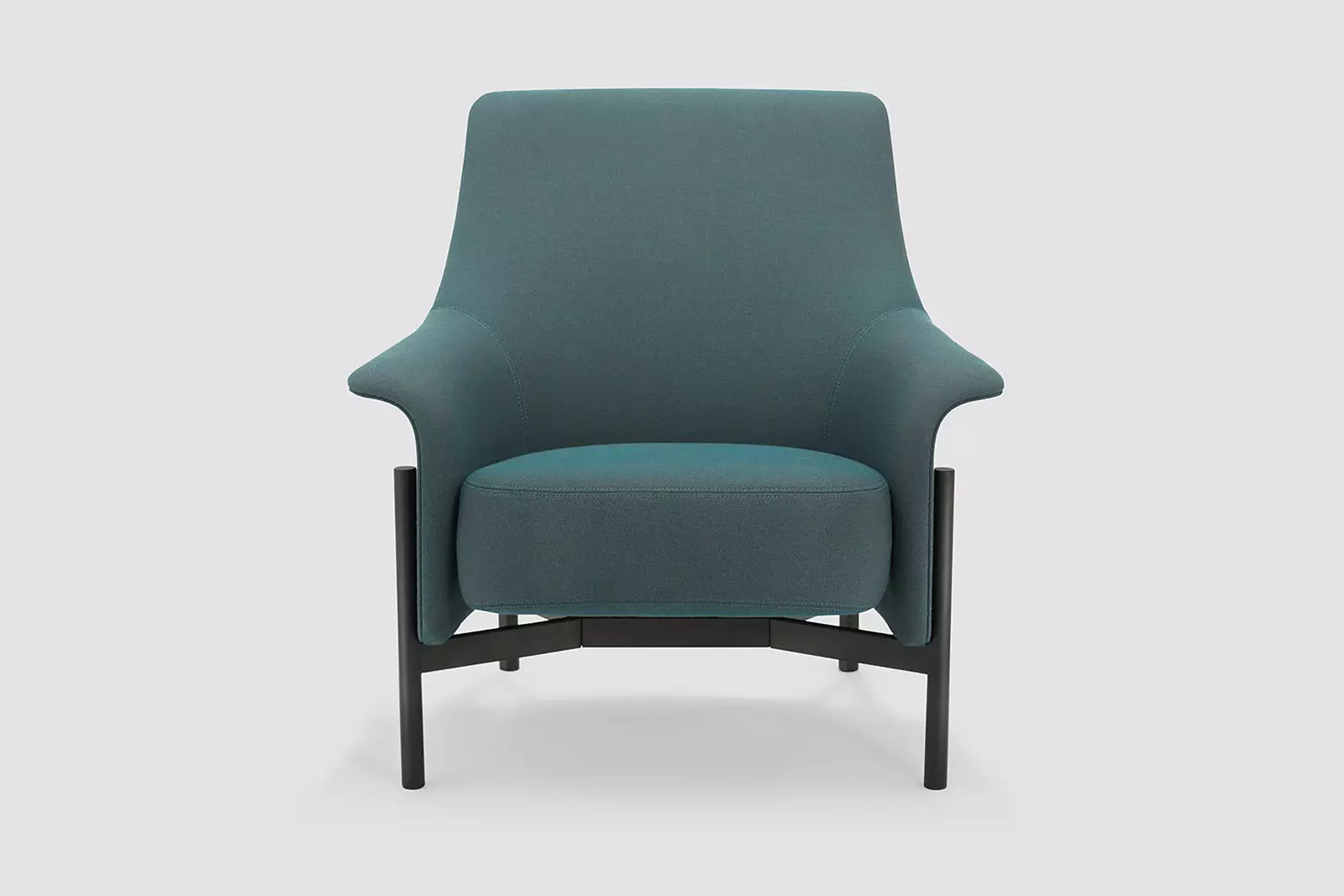Bene products receive EU Ecolabel

© Cajetan Perwein

© Cajetan Perwein
Bene products receive EU Ecolabel
Bene is the first Austrian furniture manufacturer to receive the EU Ecolabel
The European Commission's Ecolabel has been awarded to particularly sustainable products since 1992.
The EU Ecolabel was established by the European Commission in 1992. The Ecolabel is awarded to products and services that have a lower environmental impact than comparable offers. The EU Ecolabel is intended to enable consumers to identify more environmentally friendly products and services. The spectrum ranges from detergents and cleaning agents to textiles and shoes, lubricants, paints and varnishes to accommodation facilities and campsites. Excluded from the award at this time are food, beverages, pharmaceuticals and medical devices. Since 2016, furniture that is not made of solid wood has also been awarded.
In addition to the requirements for the production facility, the prerequisite for the award is compliance with a comprehensive catalogue of criteria for the products. This includes, among other things, the processed raw materials such as wood (e.g.: sustainable forestry), plastics, metals, cover materials and coating materials (e.g.: lacquers), as well as restrictions on the use of hazardous substances and mixtures. In addition, the finished product is tested with regard to quality and ecology (e.g.: emissions).
Around 70,000 products and services, from baby clothes to electrical appliances, carry the EU Ecolabel. This reliable eco-label identifies environmentally friendly products and services. It is awarded to products and services that have a lower environmental impact than comparable products and services.
The EU Ecolabel is recognised in all 28 EU member states as well as Norway, Iceland and Liechtenstein. The holder of the EU Ecolabel is the European Commission. The highest body is the European Union Ecolabelling Board (EUEB). Its tasks include supporting the development and revision of the respective criteria for the EU Ecolabel and assisting in their implementation. The EUEB is composed of representatives of the individual member states (the Competent Bodies) and other members from industry, environmental and consumer associations, trade unions, small and medium-sized enterprises and trade.
Credits: © Cajetan Perwein


